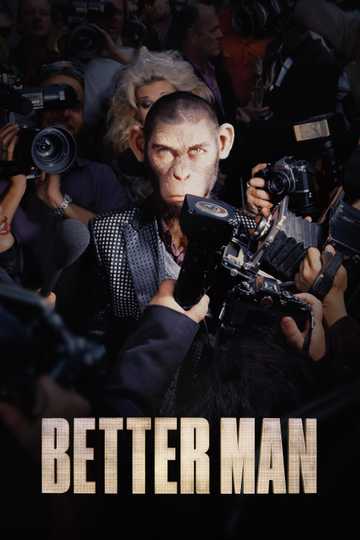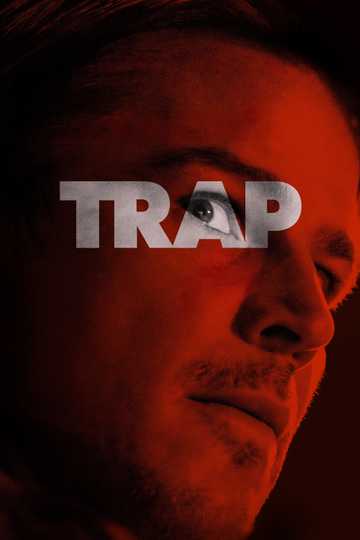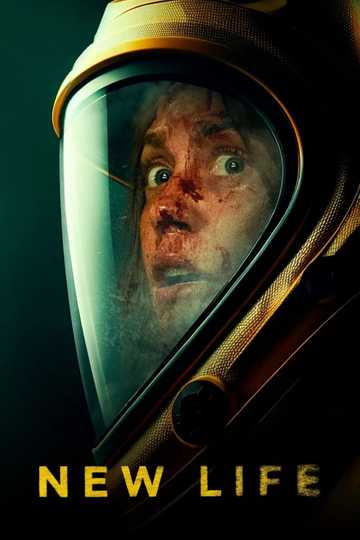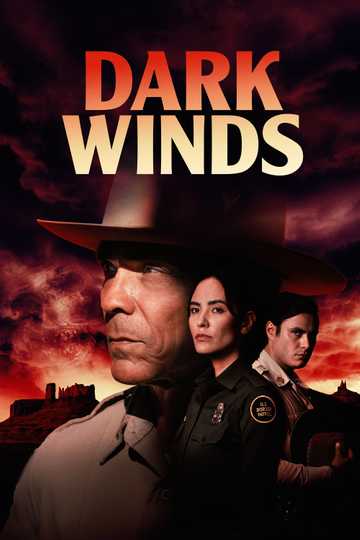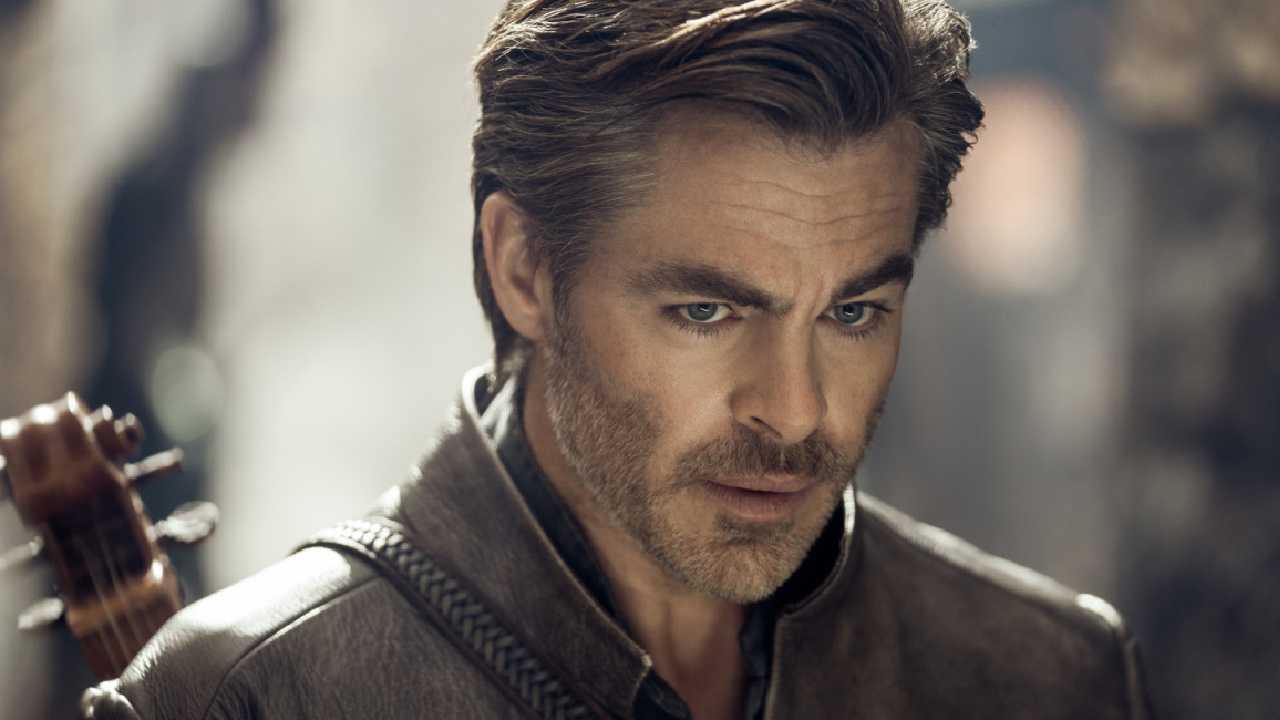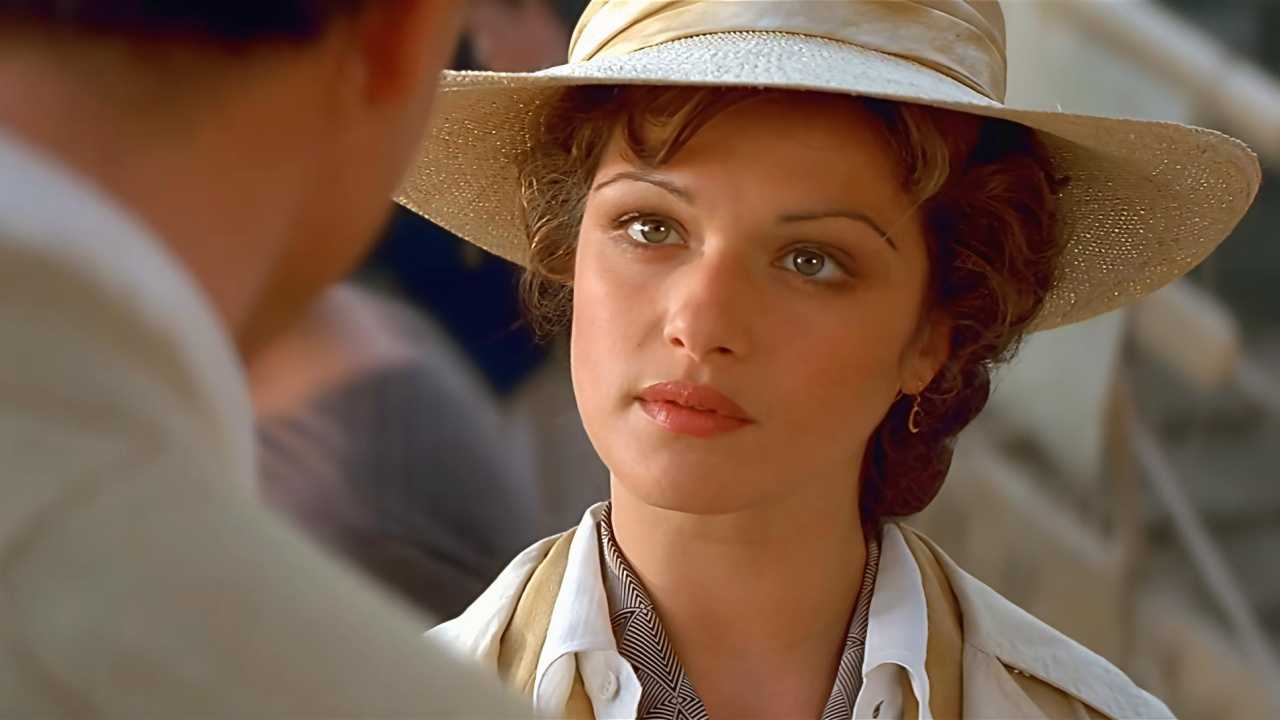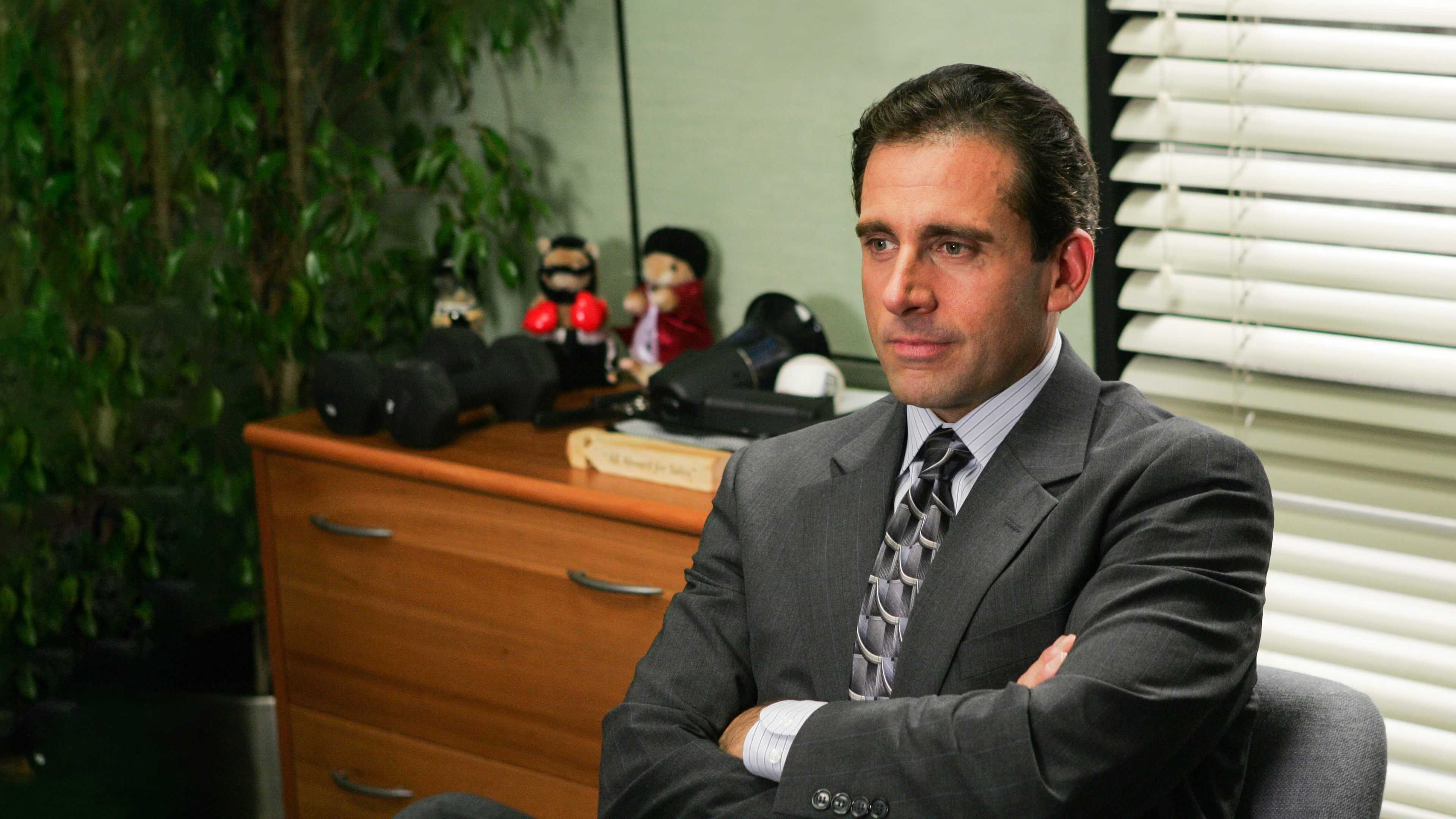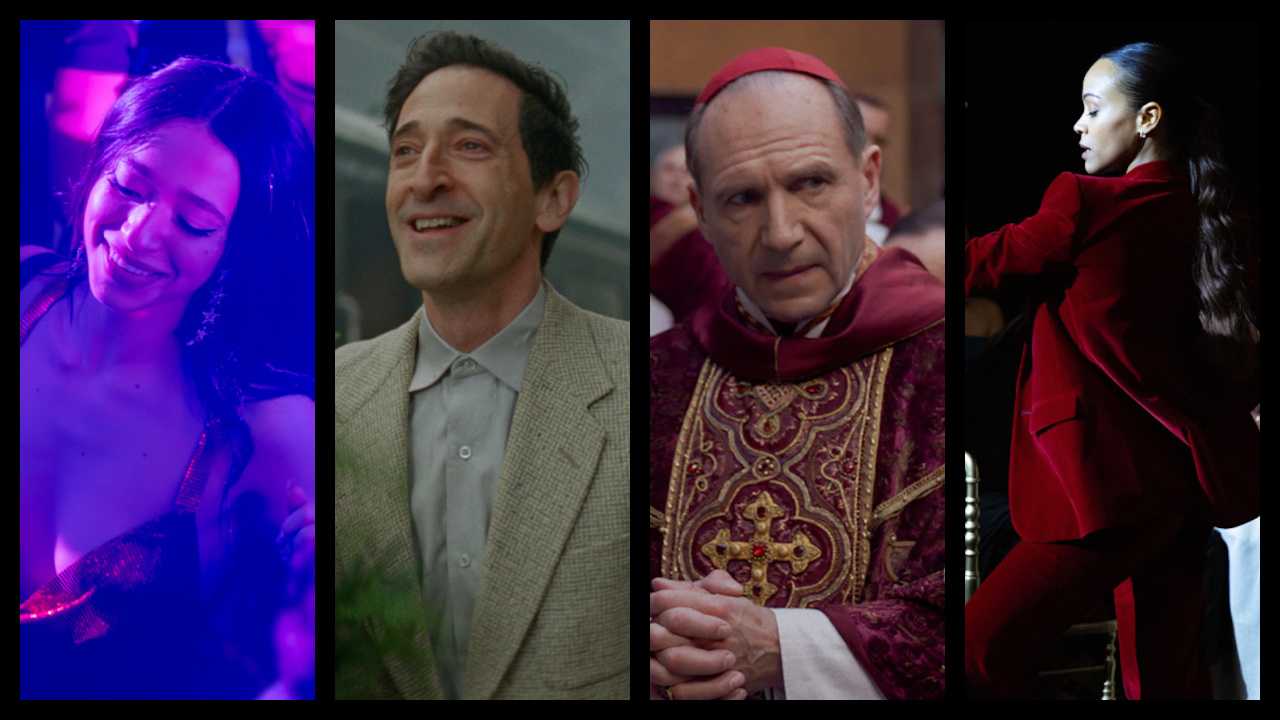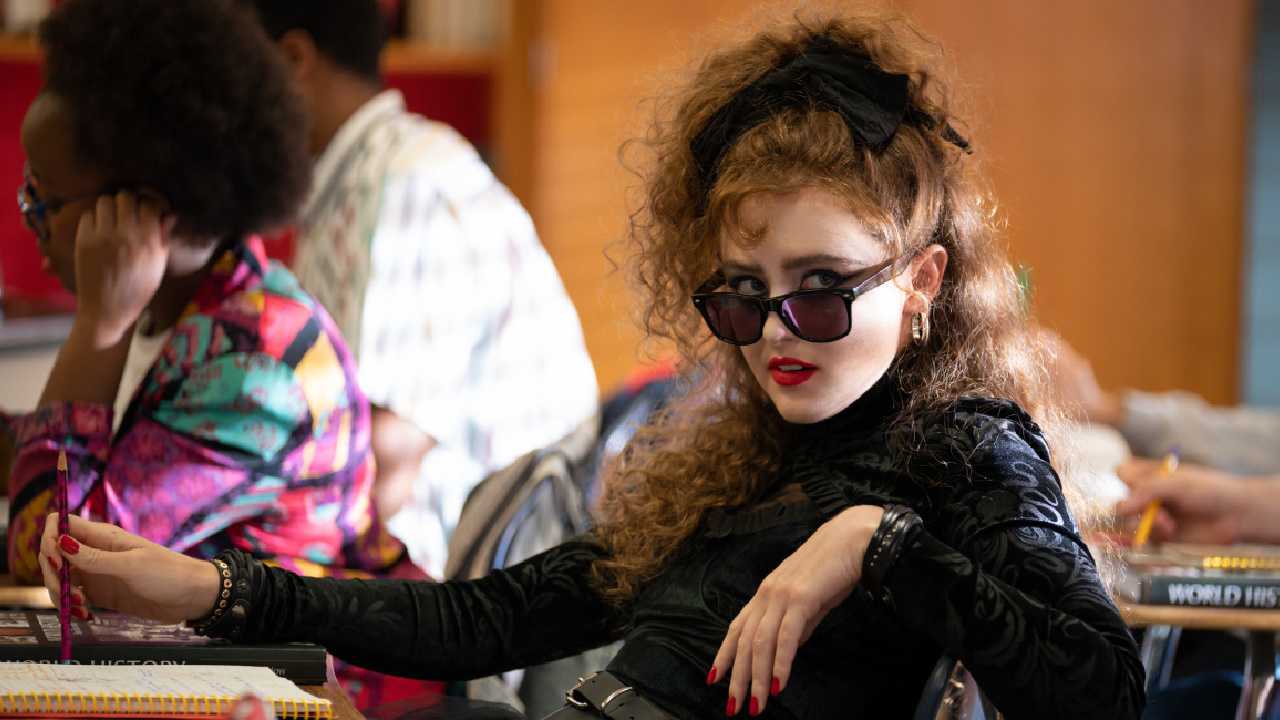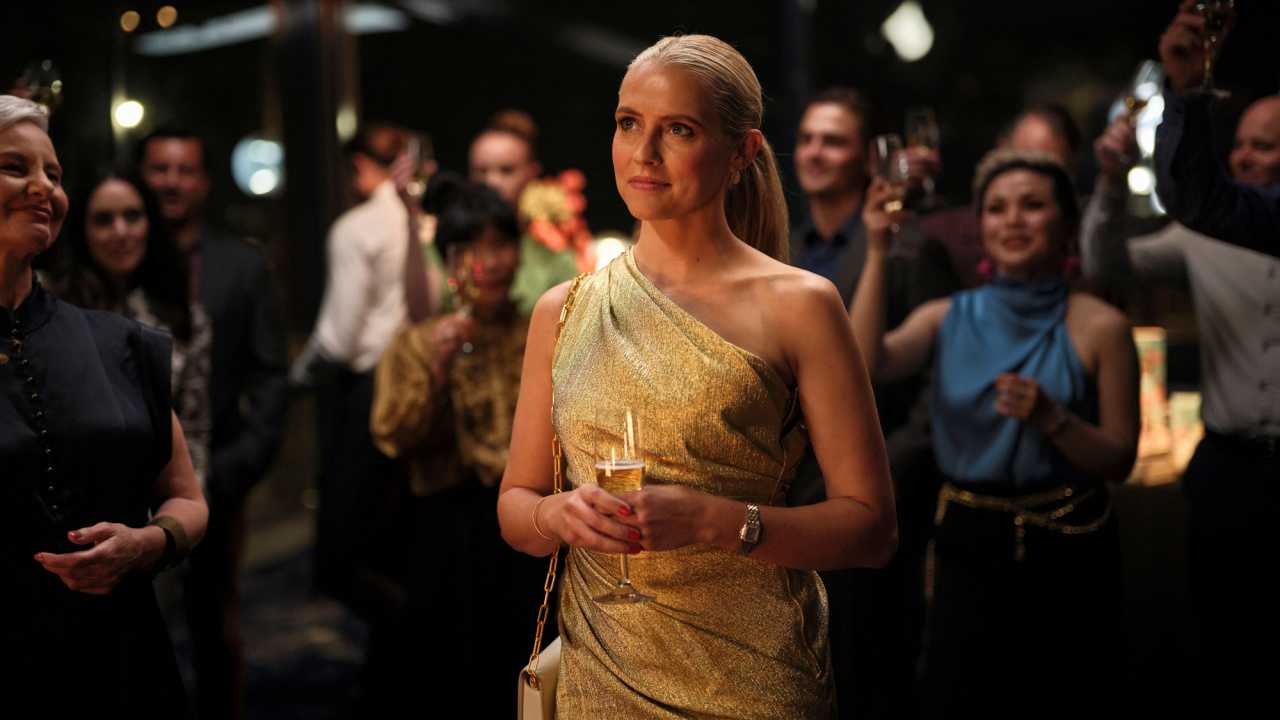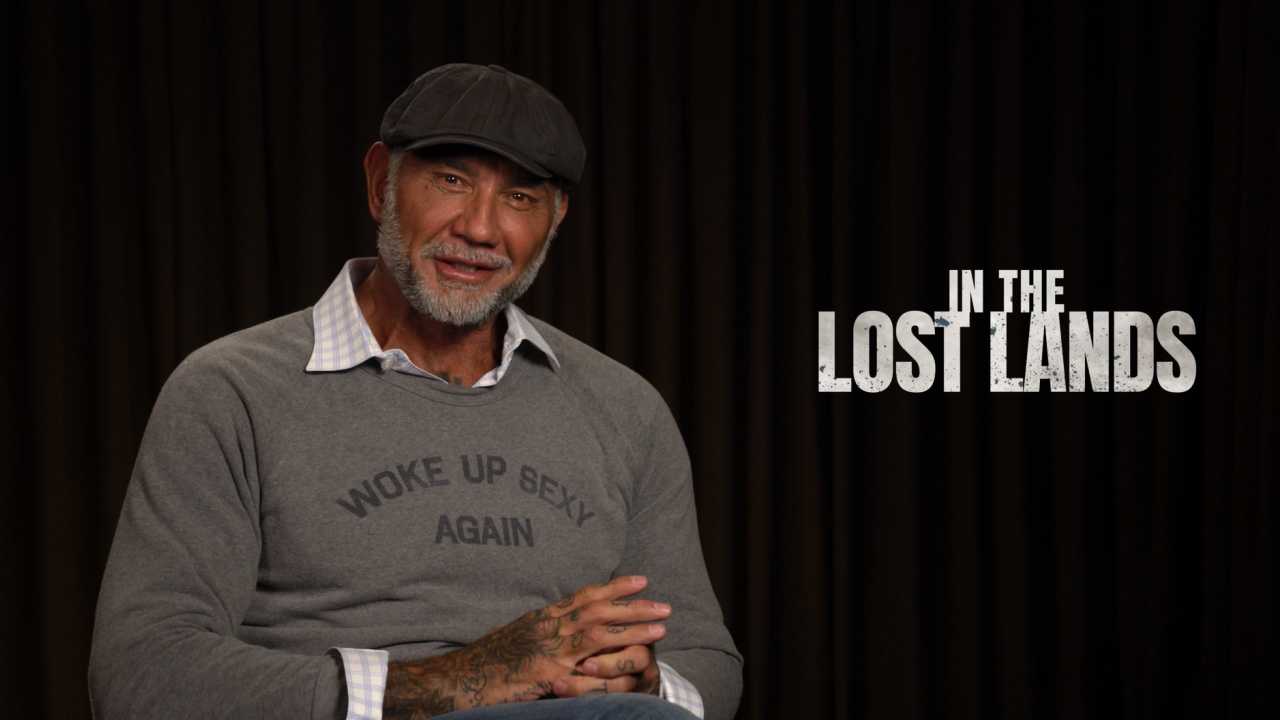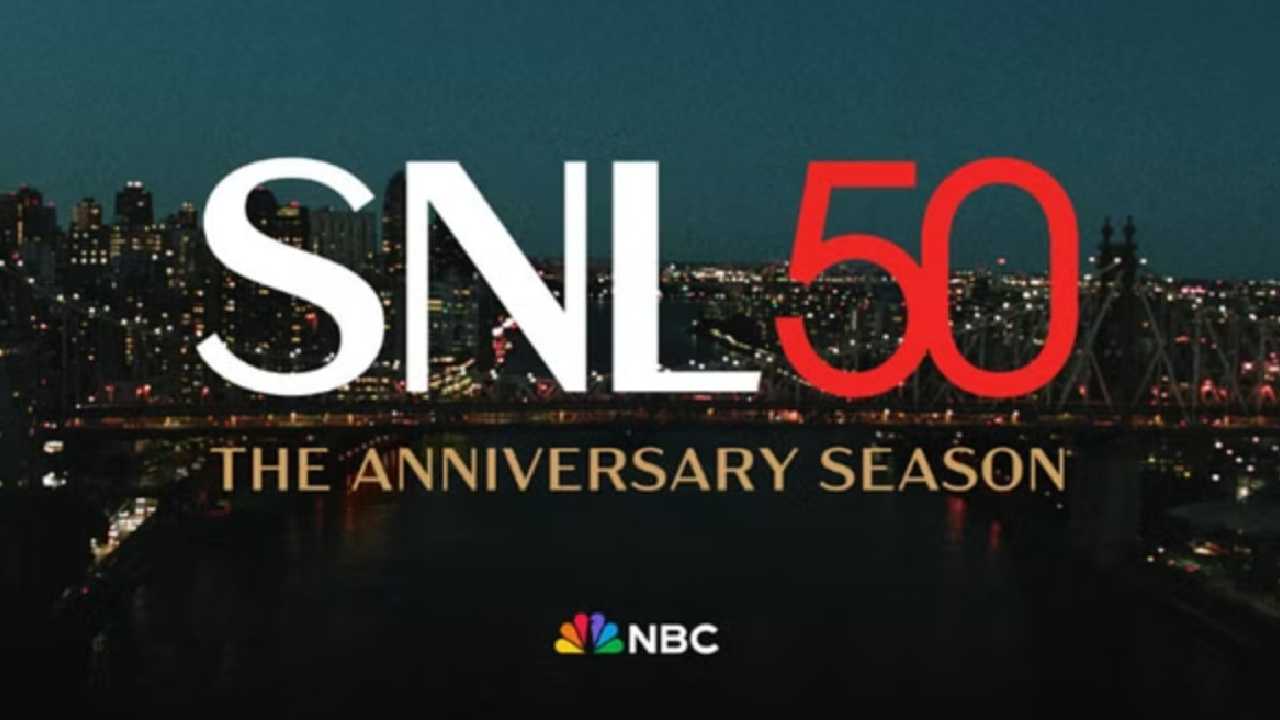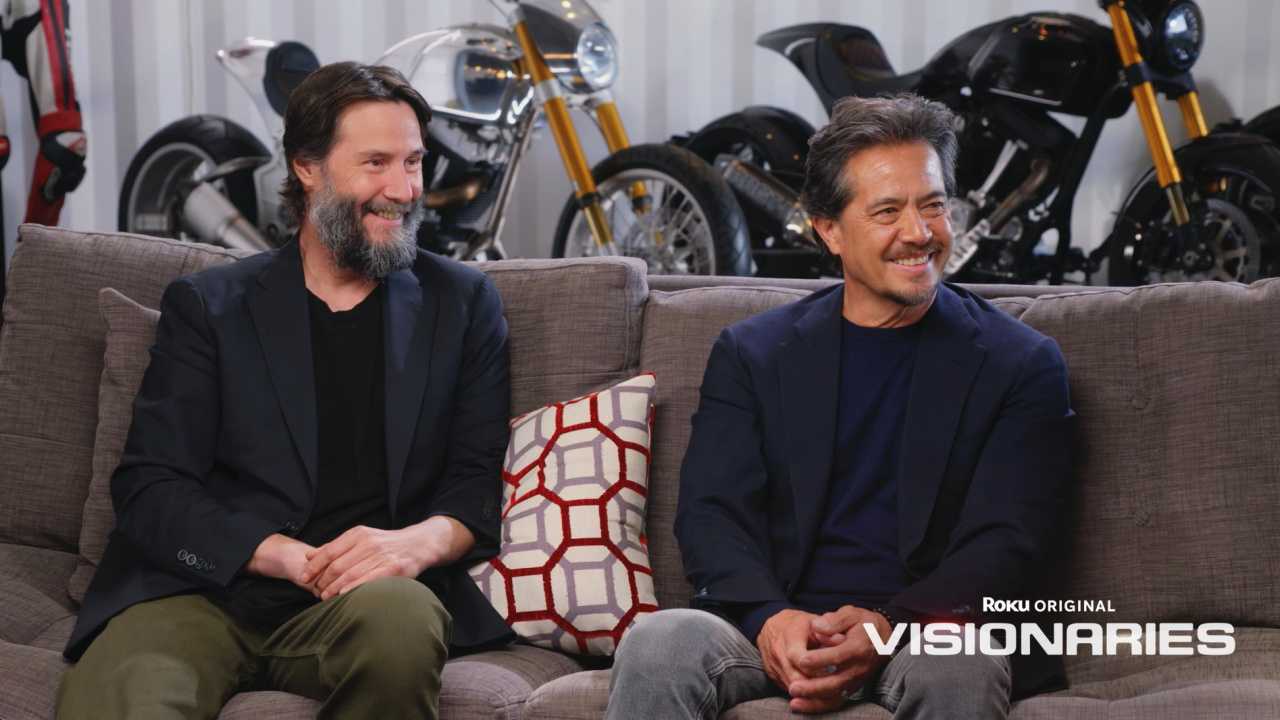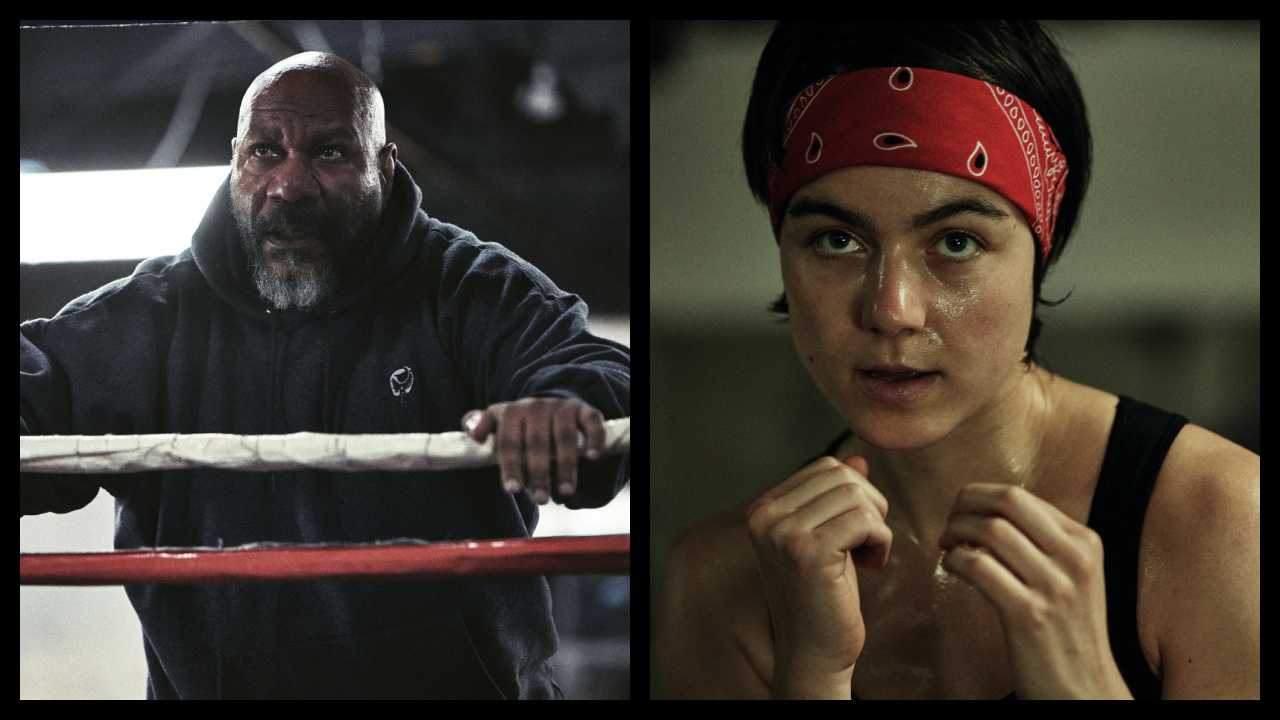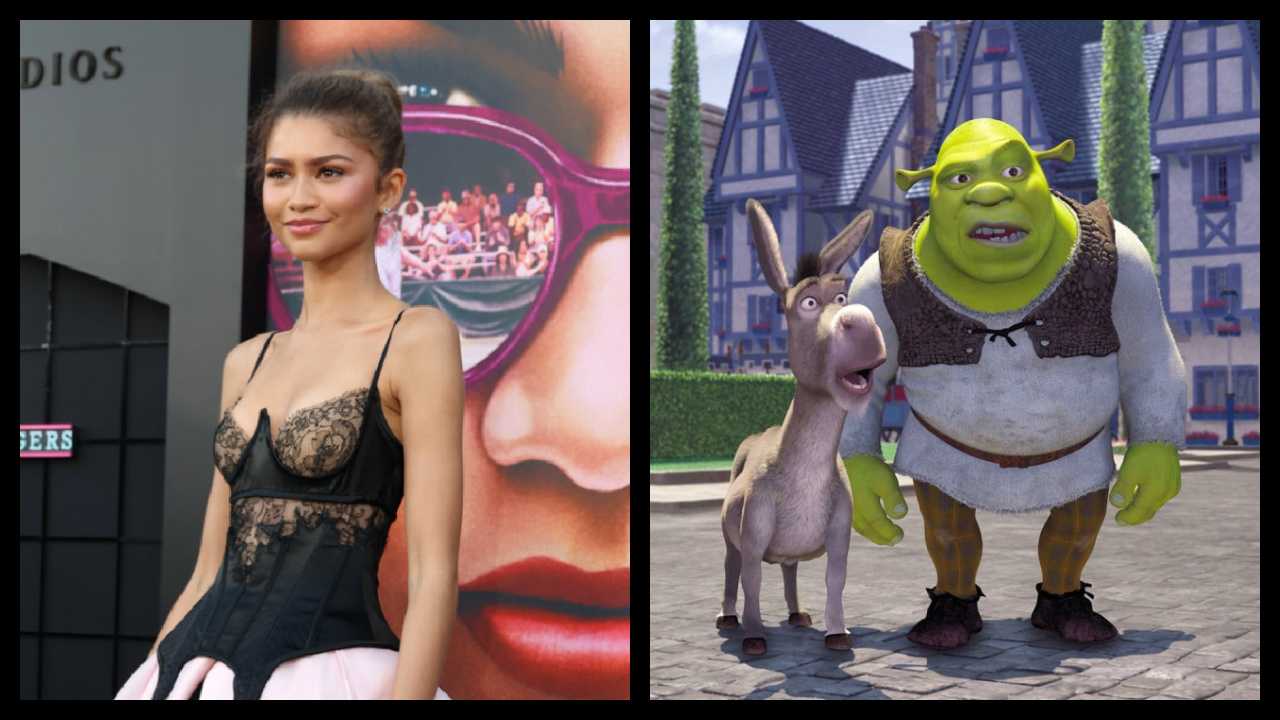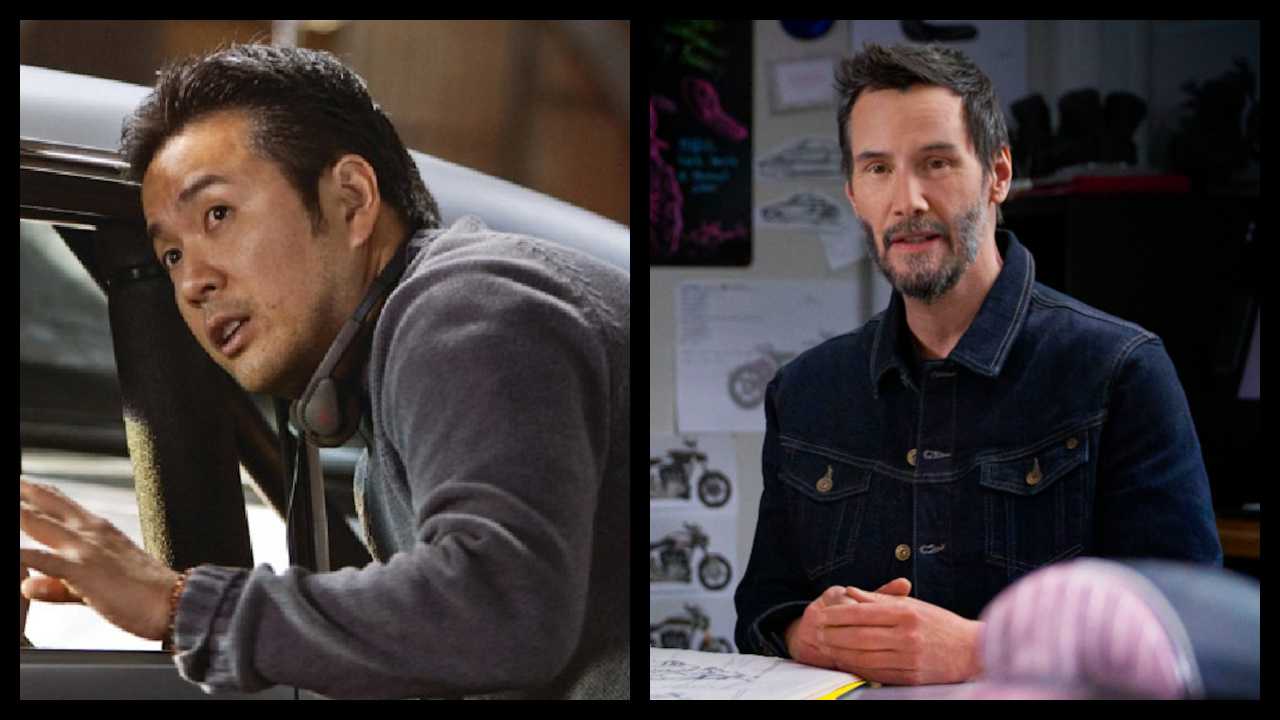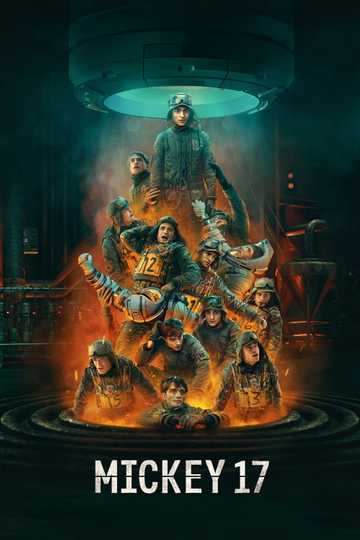Showrunner Ted Humphrey Talks 'The Lincoln Lawyer' Season 2 - Part 2
Moviefone speaks with Ted Humphrey about 'The Lincoln Lawyer' Season 2 - Part 2. "It's been one of the great pleasures of my career to work with Michael (Connelly)."
Premiering on Netflix beginning August 3rd is the second part of season 2 of ‘The Lincoln Lawyer,’ which is based on author Michael Connelly’s popular novels and was co-created by David E. Kelley (‘Boston Legal’) and showrunner Ted Humphrey (‘The Good Wife’).
What is the plot of 'The Lincoln Lawyer' Season 2?
Season 2 of ‘The Lincoln Lawyer’ is based on author Michael Connelly’s novel ‘The Fifth Witness,’ and sees lawyer Mickey Haller (Manuel Garcia-Rulfo) taking on the case of Lisa Trammell (Lana Parrilla), a chef accused of murdering a real estate developer.
Who is in the cast of 'The Lincoln Lawyer' Season 2?
- Manuel Garcia-Rulfo ('The Magnificent Seven') as Mickey Haller
- Neve Campbell ('Scream') as Maggie McPherson
- Becki Newton ('August Rush') as Lorna Crane
- Jazz Raycole ('Waiting to Exhale') as Izzy Letts
- Angus Sampson ('Mad Max: Fury Road') as Cisco
- Lana Parrilla ('The Tax Collector') as Lisa Trammell
- Yaya DaCosta ('The Nice Guys') as Andrea "Andy" Freemann
- Matt Angel ('The Wrath of Becky') as Henry Dahl
- Angélica María ('To Kill a Stranger') as Elena
- Douglas Bennett ('The Kid') as Pete "Kaz" Kazinski
- Marlene Forte ('Knives Out') as Judge Teresa Medina
- Elliott Gould ('M*A*S*H') as David "Legal" Siegel
Moviefone recently had the pleasure of speaking with executive producer and showrunner Ted Humphrey about his work on 'The Lincoln Lawyer' Season 2 - Part 2, developing the series, adapting ‘The Fifth Witness,’ what fans can expect from the second half of season 2, why the season was split in two halves, Mickey’s current case, why Manuel Garcia-Rulfo was the right actor to play Mickey Haller, collaborating with Michael Connelly, and if we’ll ever see the show crossover with Connelly’s other series, ‘Bosch.’
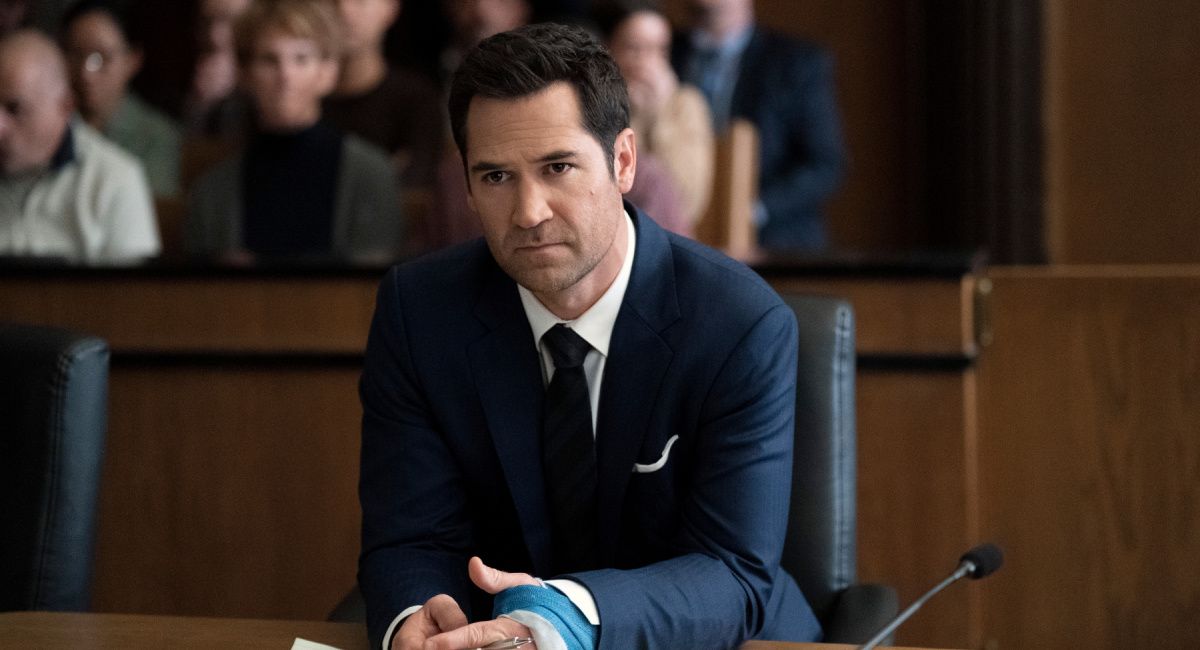
Manuel Garcia-Rulfo as Mickey Haller in 'The Lincoln Lawyer.' Photo: Lara Solanki/Netflix © 2023.
You can read the full interview below or click on the video player above to watch our interview.
Moviefone: To begin with, why did you want to adapt Michael Connelly’s ‘The Lincoln Lawyer’ novels into a series?
Ted Humphrey: I think first of all, it's been one of the great pleasures of my career to work with Michael on this, and he's super involved in it, just like he is with ‘Bosch’ and his other projects. He's created a character that has a universal appeal. I'm a former lawyer myself. I love legal stories when they're well done. I did a show called ‘The Good Wife’ for a long time. I love legal shows when they're well-crafted. I think what Michael's books have is an authenticity to the legal world. Everything that's in the books, the nuts and bolts of what's in the books is all accurate. That's something that's very important to me. We strove to do that on ‘The Good Wife,’ and I get very irked by legal shows and movies where things happen that aren't realistic, often in terms of the timing of how they happen. Things happen very fast in a lot of legal TV shows. Somebody gets murdered and the next day somebody's on trial. Of course, in real life, things take a lot longer than that. They take years sometimes. So I like to honor the real amount of time that things take, and I also like to honor the nuts and bolts of it. I think the nuts and bolts of it could be very interesting and the audience finds it very interesting when you make it dramatic, and Michael's books do that. So, I thought this was a perfect vehicle to tell people interesting things about how the legal system works wrapped around this very compelling character. We've been able to do that now in both seasons with taking little tidbits of the legal process and building whole episodes around them. But ultimately, it all comes down to this very fundamentally hopeful character that Michael has created. I think the show tells a redemption story. When you meet this guy at the beginning of season one, he's this broken man on a beach who's lost everything. So, over the course of seasons, the show will tell this redemption story of this guy kind of growing into himself, becoming who he is, and figuring out who he is.
MF: Can you talk about what happened in the first half of Season 2, and what fans can expect from the second half?
TH: I'm going to actually take one step back and talk about season one for a second. Season one, again, had us meeting a man who has lost everything in his life to an addiction to pain pills. He's lost his career, he has lost his family, he doesn't really know where he is going, and he gets a lifeline thrown to him in the form of this very big media frenzy case that also will pay him a lot of money. It's another thing our show does that I think smart legal shows do, which is they pay attention not just to the kind of big questions of right and wrong, but also to the nitty-gritty of what lawyers do with their day, which is make a living. Mickey's a criminal defense attorney. He has to make a living. He needs clients who pay him money. He’s not a public defender. He used to be a public defender, but he's not anymore. So, in seasons one, he wins this case and where we meet him in season two is he's kind of in some ways the polar opposite of that guy. Now, he's on top. Now, he's this media celebrity and newspapers are interviewing him, and Jake Tapper is interviewing him and all of this stuff. Clients are pouring in and he's flying a little too close to the sun. Hubris, a little bit of arrogance, and a little bit of stubbornness all play into him making some poor decisions about cases that he takes and so on. Then, in his personal life, he's still struggling with the breakup of his marriage with his ex-wife, who he still pines for, who is played by Neve Campbell wonderfully. When that goes south, he meets this woman, Lisa Trammell, who's a restaurateur. He has a one-night affair with her, and then she ends up becoming his client when she's accused of the murder of this real estate developer who's trying to buy her out and gentrify her neighborhood. Where we leave off at the end of the first half of season one is that he has been assaulted by persons unknown and left for dead in the garage of his building, kind of playing on the symbolism of cars and driving in our show that is so central to Los Angeles, but so central to this character as well. He's literally beaten up and left for dead in front of his car in the garage of his building. So, when we pick up in the second half of season two, we find out what the aftermath of that was and how does he figure out who did this to him, and how does it play into the case? What are the twists and turns of figuring that out?
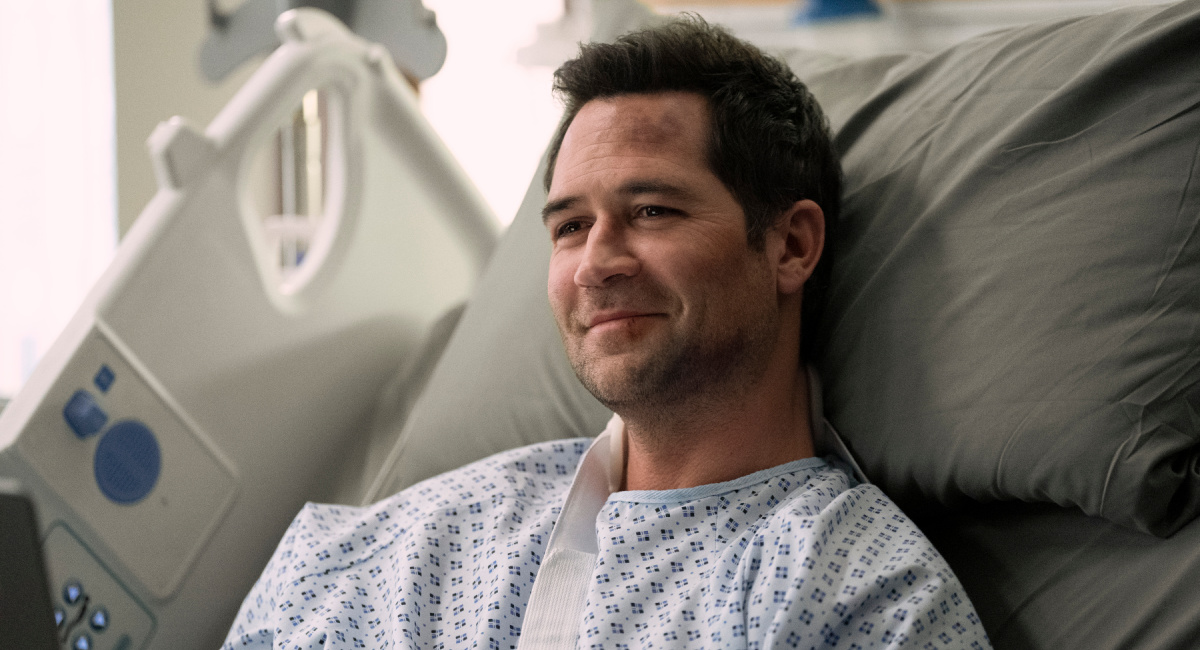
Manuel Garcia-Rulfo as Mickey Haller in 'The Lincoln Lawyer.' Photo: Lara Solanki/Netflix © 2023.
MF: What was the reason for splitting season 2 into two parts?
TH: It was not a decision we made. It's something that Netflix does with some of their shows, particularly I think some of their bigger, more successful shows. They've done it with ‘Stranger Things.’ They've done that with ‘Ozark.’ They've done it with a lot of shows. It was something that they kind of toyed with and decided, "We're going to try and do it here." So, it was not really a creative choice of the producers of the show, but at the same time, it was something that we were fine with and we had a natural organic cliffhanger that came in the middle of the story to build to, so we didn't have to kind of jam that in there. It was already going to be there. It worked out quite well. It gave us a natural place to split the season without us having to do anything artificial to make it happen.
MF: Can you talk about why you decided to adapt ‘The Fifth Witness’ for the second season?
TH: The way that worked, before we began the process of making the season, Michael Connelly and (executive producer) Dailyn Rodriguez, who I run the show with, and I got together for about a month and kicked around and decided that was the book that we wanted to do. We kind of figured out the tent poles of what that would look like for this season, so that we had a roadmap going into the season. We brought the writing staff in to write that, and ultimately the production staff in to make it, of course. It just felt like a natural progression from the first season to this season that we could make this transition from the broken man to the man who's on top of the world. But of course, he's not really on top of the world, and there will be a price to pay for that sort of hubris. In the series of books, there is a book in between them, which is called ‘The Reversal.’ We just felt, for story reasons that that book didn't really fit as well here, but we love that book. So, it just kind of naturally organically fit. Now, having said that, Michael's still writing these books, and he just published a new Mickey Haller book a couple of years ago and another one's coming out this fall. But this particular book was written in the wake of the subprime mortgage crisis in 2008. The story of the book actually deals with a woman whose house is being foreclosed on by a mortgage banker, and that wasn't particularly relevant to 2023 Los Angeles. So, one of the things we did was we changed that to the gentrification debate that's going on in Los Angeles today and the world of foodie culture and celebrity chefs. We made it a chef in a rapidly-gentrifying neighborhood, who this big real estate developer wants to buy her out of the restaurant and put up condos, or something like that. We also made her a love interest for Mickey, which she was not in the book, as a way of expanding upon his personal relationships.
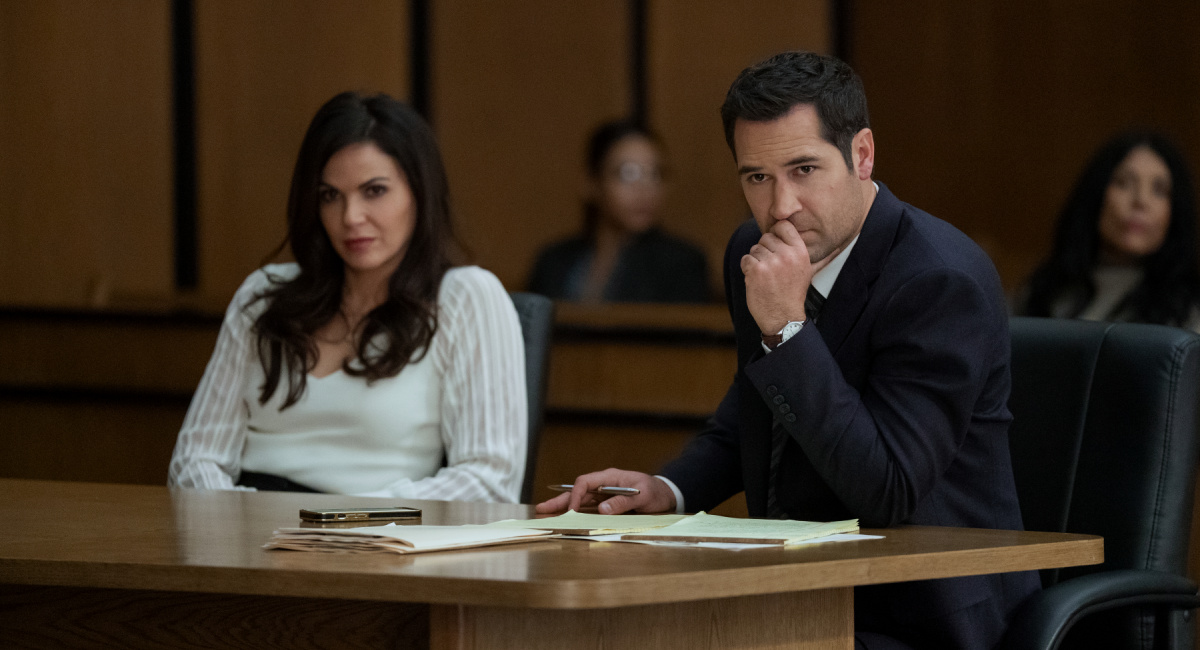
(L to R) Lana Parilla as Lisa Trammell, Manuel Garcia-Rulfo as Mickey Haller in 'The Lincoln Lawyer.' Photo: Lara Solanki/Netflix © 2023.
MF: Can you talk about how Mickey’s judgment has been clouded with this case?
TH: Well, I mentioned this is a man who can be arrogant at times and who can make poor choices. One of the things I love about our show is we're a show about lawyers and crime and all of those things, but we're also a show that, I hope, features real human beings, and real human beings make dumb choices sometimes and do things maybe they shouldn't. In this case, everybody is sort of saying, Mickey, "Are you sure you want to do this? This might not be the best idea." Yet, he does it anyway because he kind of lets his pride and maybe his feelings for this woman, and certain other things cloud his judgment as to whether or not this is really a good idea. Complications ensue, let's put it that way.
MF: Why was Manuel Garcia-Rulfo the right actor to play this specific version of Mickey Haller?
TH: So, we looked at a lot of actors. We're going back now several years to when we were just starting to make season one. We're talking about the fall of 2020 at this point, or the late summer of 2020, so we're going back three years. We looked at a lot of actors. When we brought the show to Netflix, it was very important to Netflix, and to us, that we honor the Latino heritage of character. The movie that they made with Matthew McConaughey, they decided to go a different direction and they didn't do that at that time. It was very important to us to do that. We looked at a lot of choices. The character in the books is Latino-American, but more American in the sense that he was born and raised in Los Angeles and doesn't have an accent, and doesn't really speak Spanish in the books. He's a person of Latino heritage, but he is not a Latino-forward person. We looked at choices across the spectrum, and many fine actors who were terrific and just for one reason or another weren't right. We were starting to wonder, "Gosh, who is this person?" Then Manuel auditioned and we watched his tape and I just said, "That's it. There's Mickey right there." It wasn't maybe at first exactly what we had in mind in the sense that that Manuel is 100% Latino, he is 100% Mexican, he has an accent, and English is not his first language. Spanish is his first language. He's certainly not a lawyer. On the surface, he maybe isn't exactly what's on the page of the book, but when you see him play a scene from the show, you just go, "That's it." He's got the effortless kind of charm and intelligence. He's saying one thing, but there's something very clever going on behind his eyes while he's saying it, that is exactly who this character is on the page. It gave us the wonderful opportunity to explore even more fully than Michael does in the books, the Latino heritage of the character. I mean, do it in a very organic way where he speaks Spanish because he speaks Spanish, and it's not something we had to jam in there. It just is what it is. A lot of that was driven by Manuel himself, who very much wanted to explore the heritage of this character, and will pitch different things that we do. Then we've built on it now, introducing his mother. We found a wonderful piece of chemistry between him and his daughter, and that they both speak Spanish and can communicate to each other that way. So, finding Manuel to play this part was lightning in a bottle.
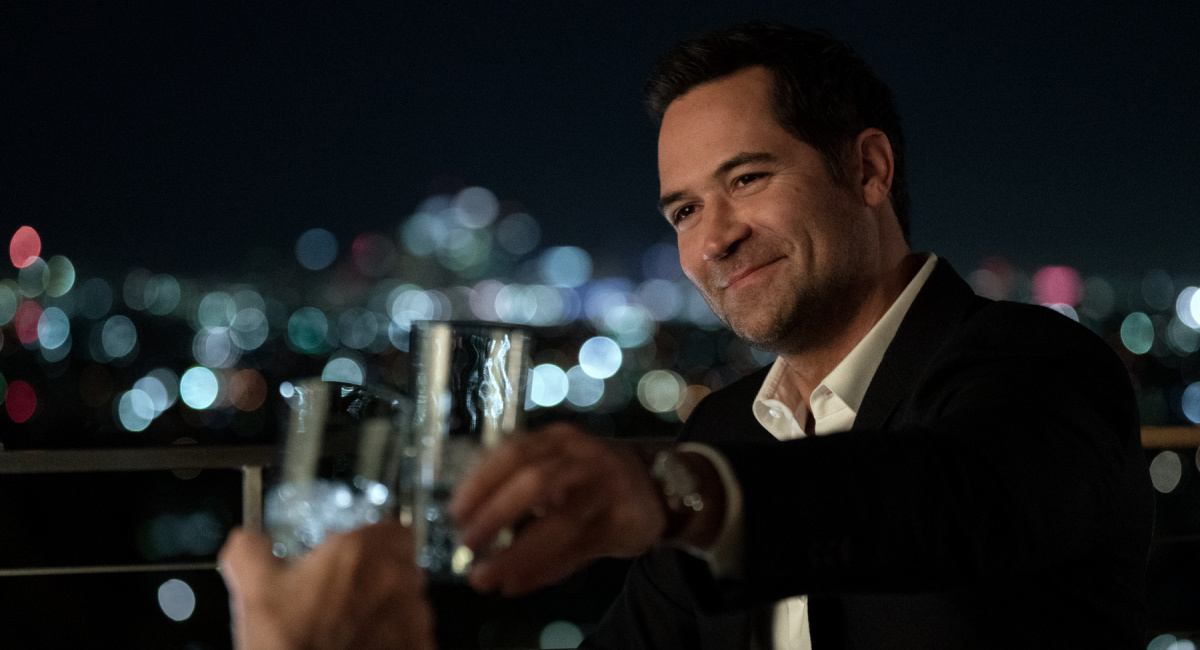
Manuel Garcia-Rulfo as Mickey Haller in 'The Lincoln Lawyer.' Photo: Lara Solanki/Netflix © 2023.
Related Article: Actor Manuel Garcia-Rulfo Talks Legal Drama ‘The Lincoln Lawyer’
MF: What’s your experience been like working with author Michael Connelly on this series?
TH: Michael's incredible to collaborate with. In the past, in my career when I've adapted novels, you don't usually work really closely with the novelists. Sometimes they don't really want to be involved in that process, and often, for good reason. They can be very precious about the work. Michael is one of the most collaborative people I've ever worked with and one of the least precious about the characters and the world that he's created, and he should be precious about those. The raison d'être of the show is to honor what he's done in the books and to honor those characters in that world. But he's the first person to pitch, "Hey, I think we can do better than what was in the book. Let's do this." Or if somebody pitches a change, if it's a good change, he's the first person to say, "Yes, let's do that." So, he's so refreshingly not precious about it. What he's precious about is he wants to make the best show possible and whatever that is, the best idea wins. He's 100% on board with that. So, it's been really one of the great experiences of my career to work with him on this.
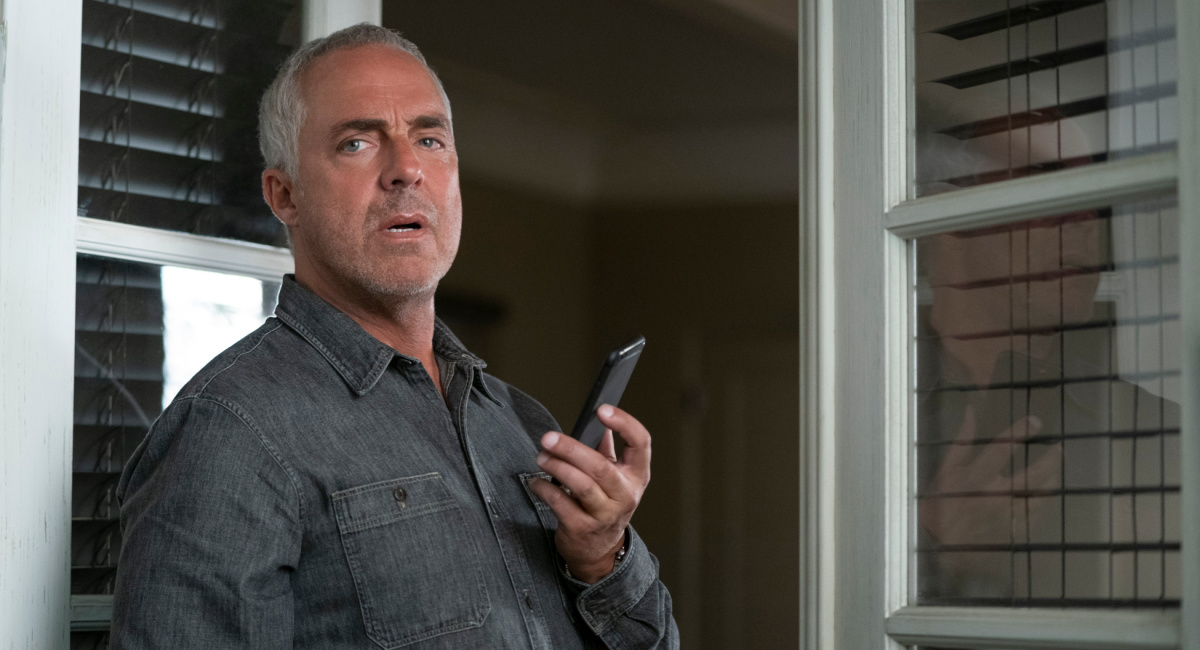
Titus Welliver as Harry Bosch in 'Bosch: Legacy.' Photo: Tyler Golden. Copyright: Amazon Freevee.
MF: Finally, as fans of the novels know, Mickey Haller is actually the half-brother of Connelly’s other popular literary character, Harry Bosch. Is there any chance that there could ever be a ‘Lincoln Lawyer’ and ‘Bosch: Legacy’ crossover, or is that impossible because the two shows are produced by different studios?
TH: As I understand it, it's an impossibility because of the different auspices involved. I mean, I guess one might never say never because stranger things have happened in the world. But we have approached it as these are two completely different worlds. We've had to approach it that way. They approached ‘Bosch’ that way as well because in the Bosch books, Mickey Haller occurs quite a bit, but Amazon didn't have the rights to that character, so they've inserted different characters into those places, and we've kind of done the same thing. We've interestingly built two parallel worlds in two different shows on two different platforms, that both spring from a common source if you will. Interestingly, I've seen articles online about the crossover of actors between the shows, which is not something we've given any thought to, meaning we're not purposely trying to cast actors that have been in ‘Bosch,’ nor are they purposely trying to cast actors that have been in our show, but yet, we appear to do that. There are a number of actors who've appeared in both shows in different roles, which is interesting. But it's not something we've paid attention to. There have also been articles about common locations, and it's like, we shoot in an authentic real world LA and they shoot in an authentic real world LA, so of course they're going to be common locations. But I think, creatively, organically, they spring from the same source, and there's a common ethos behind both series. of books, which then infuses both television series. So, I think people who enjoy one tend to enjoy the other, certainly because they both delve into certain things. I kid Michael, that my sister is a public defender and has been for a long time, and she said that Michael's her favorite author and that Harry Bosch is her favorite character in fiction. I said to Michael that, "You're doing something right If a public defender's favorite character is a cop, because public defenders and cops don't usually get along very well."
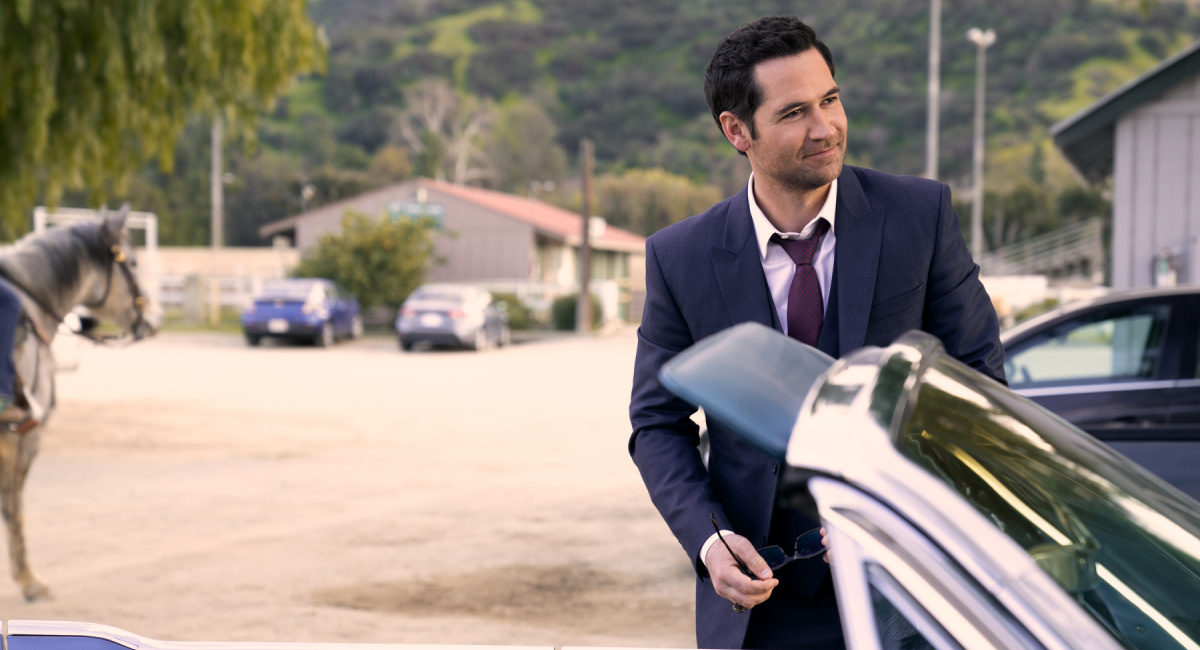
Manuel Garcia-Rulfo as Mickey Haller in 'The Lincoln Lawyer.' Photo: Lara Solanki/Netflix © 2023.
Movies Similar to ‘The Lincoln Lawyer:’
- '...And Justice for All' (1979)
- 'The Verdict' (1982)
- 'A Time to Kill' (1996)
- 'Primal Fear' (1996)
- 'The Devil's Advocate' (1997)
- 'The Rainmaker' (1997)
- 'Fracture' (2007)
- ‘The Lincoln Lawyer' (2011)
- 'Puncture' (2011)
- 'The Judge' (2014)
- 'Dark Waters' (2019)
Buy 'The Lincoln Lawyer' On Amazon

